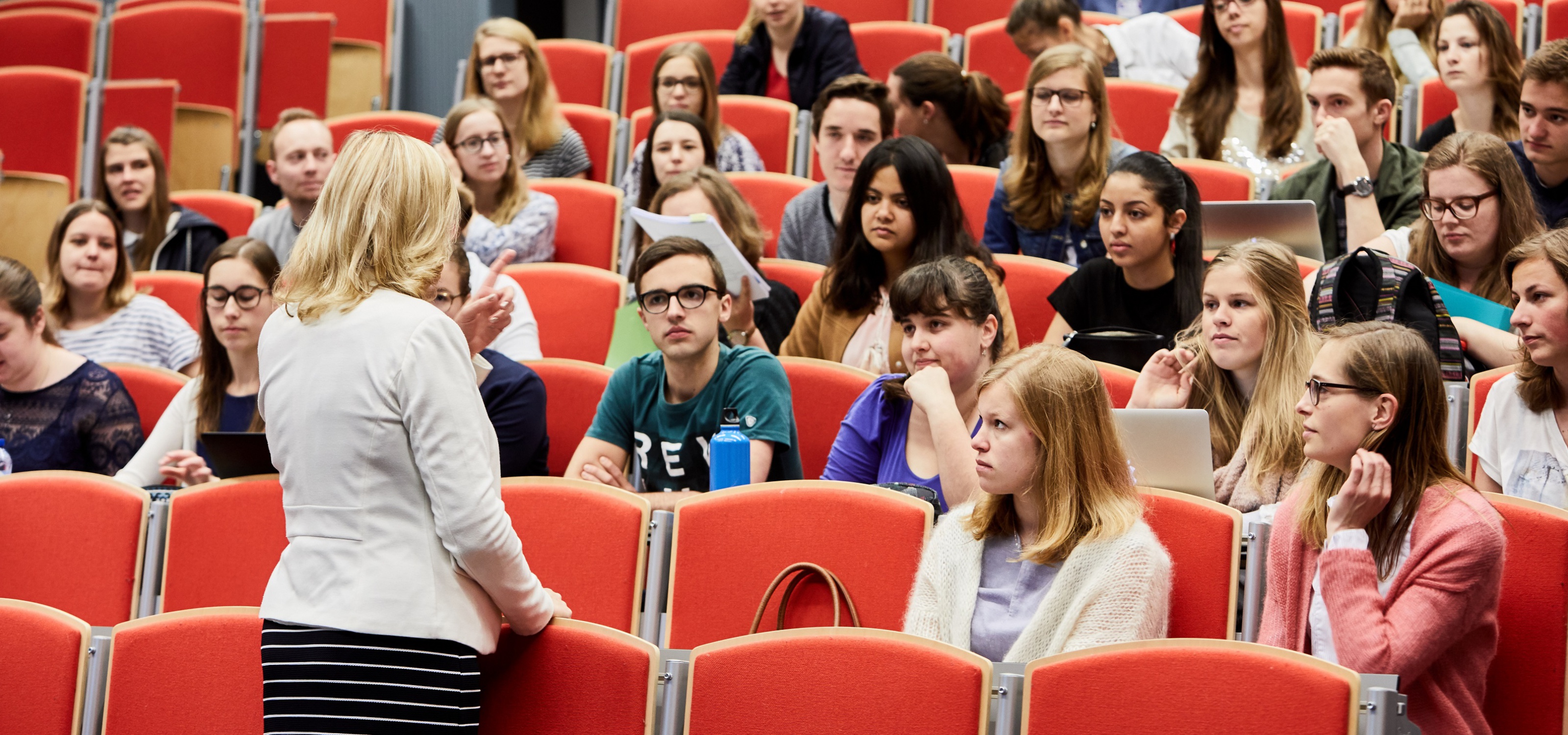In 2022 the VUB AI Lab launched the Dutch language Bachelor Artificiële Intelligentie. This is the first academic Bachelor Artificial Intelligence in Belgium and responds to the growing demand for AI-trained professionals and researchers. The unique mix of psychology, computer science and linguistics will satisfy students who are interested in both exact sciences and human sciences.


During its history of more than three decades, the VUB AI Lab has been following two main routes towards the understanding of intelligence: both the symbolic route (classical AI) as the dynamics or subsymbolic route (complex systems science). This is also reflected in the courses we provide.
As we are especially recognized for our research expertise in reinforcement learning, multi-agent systems and natural language understanding (including the evolution of language and speech), we provide specialized courses in these topics.
Children born today will most likely celebrate the year 2115. The impact on careers and education cannot be underestimated, especially given the ever-increasing speed of technological and associated social changes. The role of a certain knowledge (eg. technology) will become less important due to the presence of intelligent supporting technologies, make soft skills more important. Moreover, this knowledge will become outdated faster and lifelong learning will become neccesary.
Within the context, the Artificial Intelligence Lab Brussels offers a lifelong learning programme:


With the ever faster evolution of technologies and shift of work from human to (intelligent) computers, so-called soft-skills become ever more important. The characteristics that make us really human, like emotional intelligence, empathy, and understanding context, become of primary importance.
This is even more the case in AI. Artificial Intelligence is an intrinsically interdisciplinary research field, requiring students and researchers to be open-minded, but also critical of the results of algorithms.
In the “AI challenges”, organized within the context of the “Current Trends in AI” course, we give special attention to these skills.